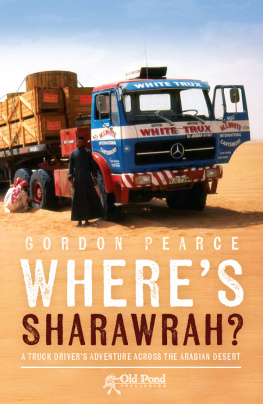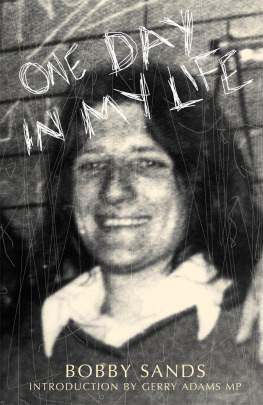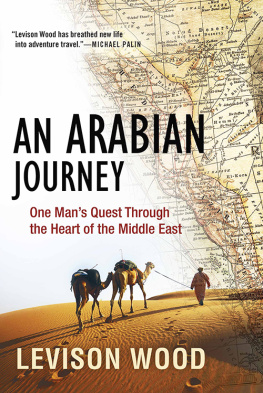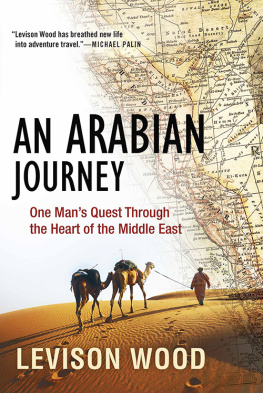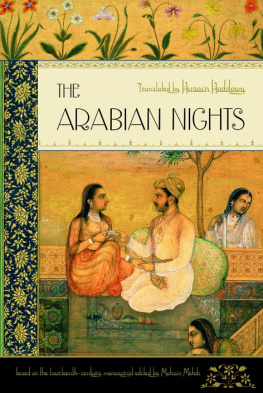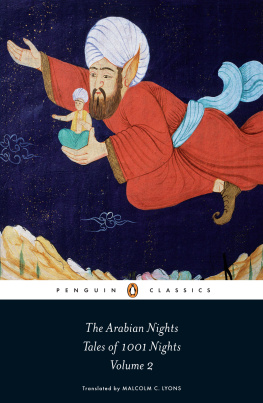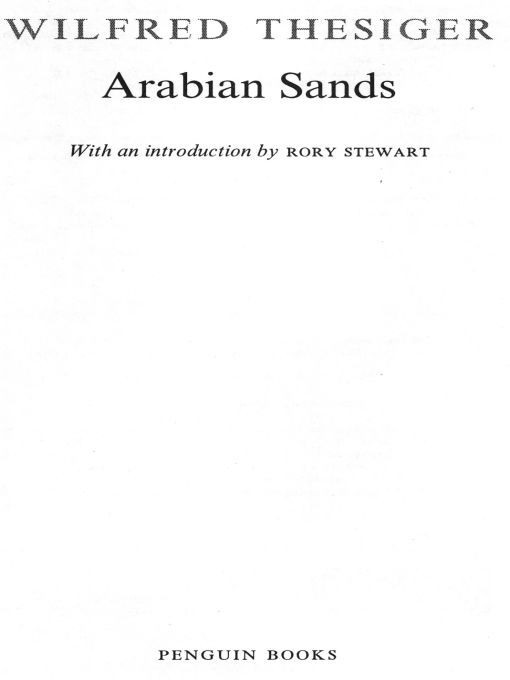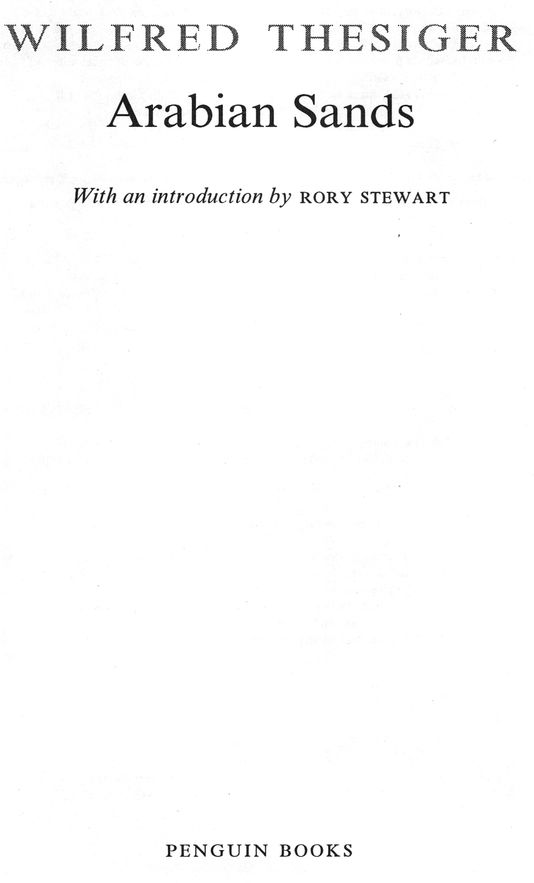Table of Contents
ARABIAN SANDS
WILFRED THESIGER was born in Addis Ababa in 1910 and educated at Eton and Oxford where he got his blue for boxing. In 1935 he joined the Sudan Political Service and, at the outbreak of the Second World War, was seconded to the Sudan Defence Force. He later served in Abyssinia, Syria and with the SAS in the Western Desert, and was awarded the DSO. After the war he travelled in Arabia, Kurdistan, the Marshes of Iraq, the Hindu Kush, the Karakorams, Morocco, Abyssinia, Kenya and Tanganyika, always on foot or with animal transport. In recognition of his journeys he received the Founders Gold Medal from the Royal Geographical Society, the Lawrence of Arabia Medal from the Royal Central Asian Society, the Livingstone Gold Medal from the Royal Scottish Geographical Society and the Burton Memorial Medal from the Royal Asiatic Society. He was a Fellow of the Royal Society of Literature and an Honorary Fellow of the British Academy. In 1968 he received the CBE, and a knighthood in 1995.
In his two greatest books, Arabian Sands and The Marsh Arabs, he gives a vivid account of a way of life which, until recently, had continued for thousands of years. The Marsh Arabs, which won the 1964 W. H. Heinemann Award, is also published in Penguin Classics. Wilfred Thesigers other books include Desert, Marsh andMountain: The World of a Nomad, his autobiography, The Life of My Choice, and Visions of a Nomad. An accomplished photographer, he donated his extensive collection of negatives to the Pitt Rivers Museum in Oxford. Wilfred Thesiger died in 2003.
RORY STEWART was born in Hong Kong and educated at Eton and Oxford. He served briefly as an infantry Officer in the Black Watch before joining the Foreign Office and serving in Indonesia and then as British Representative in Montenegro. Between 2000 and 2002 he walked 6,000 miles across Iran, Pakistan, India and Nepal and Afghanistan. In 2003 he was appointed as the Coalition Deputy Governor of Maysan and Dhi Qar in the Marsh regions of southern Iraq. He is the author of The Places in Between and Occupational Hazards.He now lives in Kabul where he runs the Turquoise Mountain Foundation. He was awarded the OBE in 2004.
Introduction
Sir Wilfred, how did it feel when you first killed a man?
Killed a man? Ive never killed a man.
But in your book ...
Oh, I see well of course Ive killed men from long distance with a rifle ...
Sir Wilfred, another student asked, what did it feel like to go alone into the terrifying Danikil country and meet the young ruler who was celebrating by hanging the testicles of his dead enemies around his neck?
He seemed very pleased. Thesiger paused, apparently searching for an analogy. As though he had just been awarded his First Field Colours.
This was my first meeting with Wilfred Thesiger. He was six foot two, broad-shouldered, with a deeply lined face, a large nose broken three times in a boxing ring, and he was as tough as he looked. In 1932 he was the first European to make it alive through the country of the notoriously violent Danikil in Ethiopia, recording in the process the direction of a major river system. He travelled astonishing distances through the Sahara and in the Sudan, he hunted lions, standing his ground as they charged one got close enough to knock him over before he killed it. He developed a reputation for courage while serving with Wingates Gideon Force in Ethiopia and won the DSO for capturing a fort together with 2,500 Italian soldiers. He was then recruited into two of the most famous wartime units: first SOE, where he was trained to be a secret agent in Cairo, and then the SAS, with whom he fought behind enemy lines in the desert.
When I first met him, however, he was wearing a three-piece tweed suit and lecturing to students in an old-fashioned upper-class growl. Many in the audience who had apparently come expecting to meet a deeply sensitive mystic, a second Lawrence of Arabia, were shocked by his apparent pomposity. One whispered to me disapprovingly that he was a product of his age and class, as though an English gentleman born in 1910 was predestined to be an aristocratic fop or a colonial nabob. In fact, of course, the modernist revolutions in art, science and politics were underway before his birth. Picasso, Proust, Einstein, James Joyce and Mao were all old enough to be his father. While Thesiger was lion-hunting in the Sudan, his fellow Etonian George Orwell was fighting in the Spanish Civil War. When Thesiger was living with the Marsh Arabs, another fellow Etonian, Aldous Huxley, was experimenting with gurus and LSD in California.
If Thesiger seemed old fashioned this was in part his conscious choice. His answers to the students were deliberately camp and provocative. He was aware that most of the audience had no idea what First Field Colours were (they are awarded to the best performers in the Field Game a sport played only at Eton). These comments, like his clothes, were part humorous, part nervous, part pompous, and sat awkwardly alongside his real achievements. They have always filtered our impressions of him. It is impossible, however, to doubt his physical courage.
As Arabian Sands records, between 1946 and 1948, while the world struggled with genocide, colonialism, revolution and modernity, Wilfred Thesiger crossed and recrossed the 250,000 square miles of the Empty Quarter, the largest sand desert in the world, in the area of modern Yemen, Saudi Arabia, UAE and Oman. The routes he chose were threatened by warring tribes and so desolate that many Arabs refused to accompany him. He was in his late thirties and had worn shoes all his life but he walked barefoot so that every step in the desert burned or cut his soles. On one part of this journey, he travelled 2,000 miles over seven months, rationing himself and his companions to only two pints of water a day and eight pounds of flour a month, about a third of a normal diet. They were thirsty and hungry almost all the time and they were pursued by raiding parties determined to kill them.
Thesiger called the Empty Quarter the final and greatest prize of Arabian exploration. It had been crossed twice before him: first by Bertram Thomas in 1931, and then by Harry St John Philby in 1932, on a physically more taxing journey that involved one leg of 400 miles between water supplies. Thesigers journeys of 1947 and 1948 opened two new and even tougher routes, the first from Mughshin to Liwa across the eastern sands, and the second across the western sands from Manwakh, via Laila, to Abu Dhabi.
Arabian Sands describes these and six other journeys undertaken in five successive years with twenty-eight different companions in four different countries. The landscape is largely barren, there are no monuments to admire, the days are repetitive, his Arabic is not entirely fluent and his illiterate companions frequently have little of interest to say. Yet, Thesiger turns this confusing and potentially alienating journey into a unified and compelling narrative. It is engaging without being over-simplified, exciting without being over-dramatic and strikingly truthful.


